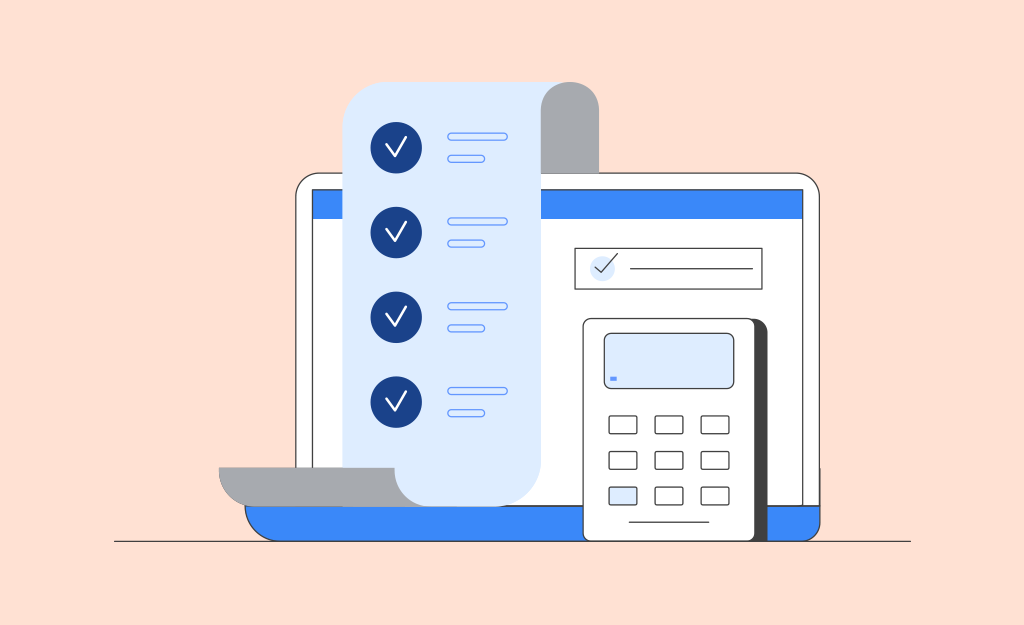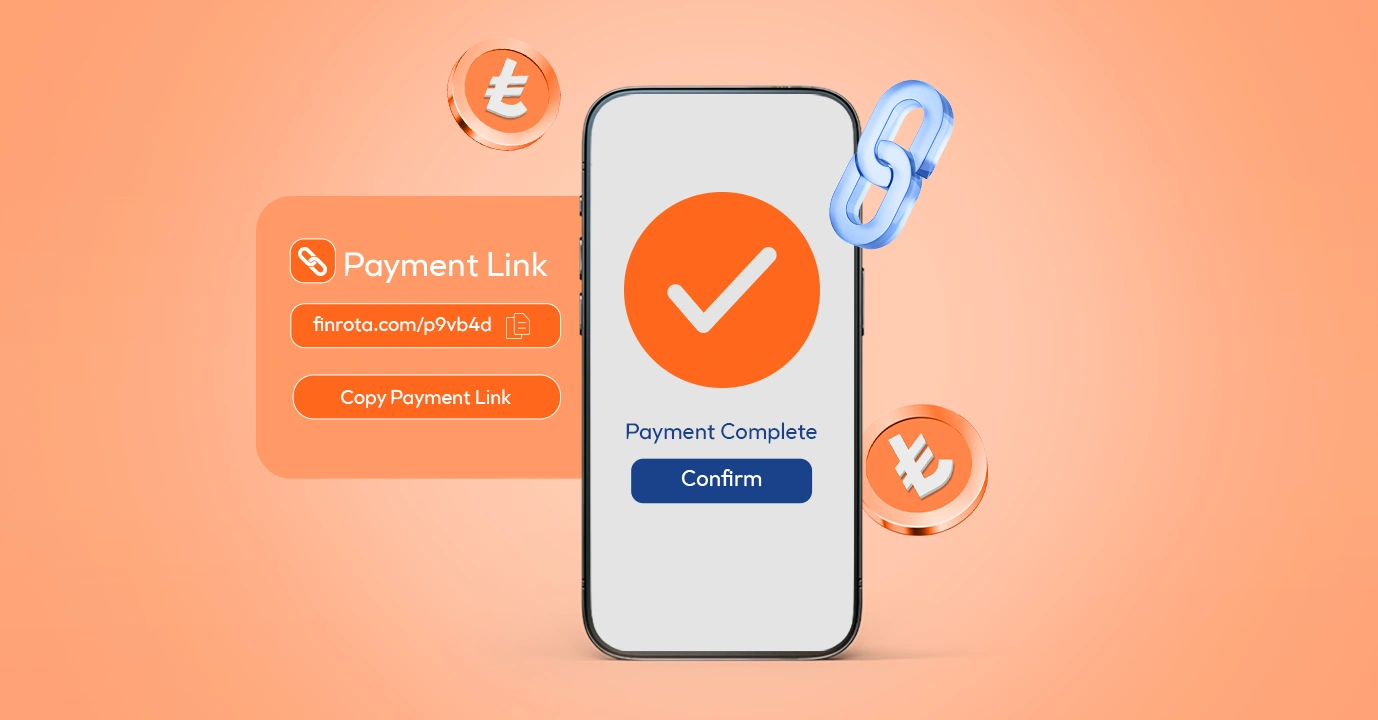In a world of ever-increasing global competition, achieving sustainable growth in international markets has become a strategic imperative for Small and Medium-sized Enterprises (SMEs). Free Trade Agreements (FTAs) offer a golden key for these businesses—a tool that reduces costs, simplifies market access, and provides a significant competitive advantage. This guide provides a step-by-step roadmap for SMEs to transform the potential offered by FTAs into tangible success and outlines the government supports available to them along the way.
Why Are Free Trade Agreements (FTAs) Important for SMEs?
In their simplest form, FTAs are pacts that facilitate trade between signatory countries by significantly reducing or completely eliminating customs duties. But what does this mean for SMEs in practice? First and foremost, it allows your products to enter a partner country's market at a more competitive price. The removal of the customs tariff burden creates a direct cost advantage, either increasing your profit margin or giving you the flexibility to offer a more attractive price to the end consumer. This advantage is a critical factor that directly impacts conversion rates, especially for SMEs expanding abroad through e-commerce.
A Roadmap for SMEs to Capitalize on FTA Opportunities
Translating the theoretical advantages of FTAs into practical results requires a systematic approach. Here are the essential steps to follow on this journey:
Step 1: Identify and Analyze Potential Markets
Each FTA covers different geographies and market dynamics. Therefore, the first step is to identify the most suitable market for your product or service portfolio. You can begin by reviewing the list of countries with which Turkey has signed an FTA. Digital tools, such as the Ministry of Trade's "Easy Export Platform," provide country- and sector-specific market data to help you analyze where demand is high. At this stage, it is crucial to focus not only on the market size but also on the consumer habits and cultural dynamics of the target country.
Step 2: Review Rules of Origin and Ensure Product Compliance
The most critical condition for benefiting from an FTA's tariff advantages is that your product must have "originating" status. Rules of Origin determine the conditions under which a product is considered to originate from a particular country. This may require that your product is wholly produced in that country or has undergone a substantial transformation using a certain percentage of local inputs. As the rules of origin can differ for each agreement, you must carefully examine the text of the relevant FTA to ensure your product meets these criteria.
Step 3: Prepare the Necessary Proof of Origin Documents
To prove your product's originating status, you must issue official documents. These documents are submitted to the customs administration of the importing country to claim the tariff exemption. The most commonly used documents are the EUR.1 Movement Certificate and the Invoice Declaration/Origin Declaration. It is vital that these documents are filled out completely and accurately; the slightest inconsistency could cause you to lose the entire tariff advantage. Your local chambers of commerce and industry can provide guidance on this matter.
Step 4: Plan Logistics and Customs Processes
Once you have the correct documents, you must plan the logistics to get your products to the target market. Working with a reliable freight forwarder and a customs broker will ensure the process runs smoothly. Your customs broker can assist with the declarations required under the FTA and the procedures to follow, preventing potential delays and additional costs.
Step 5: Apply for Government Supports and Secure Financing
The export process, especially in the initial phase, requires a financial investment. Fortunately, Turkey offers numerous government supports to facilitate this journey for SMEs. You can reduce your costs by taking advantage of incentives in many areas, from market research and trade fair participation to certification expenses and access to finance.
Government Incentives and Institutions for SME Exporters
Various public institutions offer support to help SMEs finance their internationalization processes and mitigate risks.
KOSGEB Supports
KOSGEB (the Small and Medium Enterprises Development Organization of Turkey) offers critical programs to enhance the export capabilities of SMEs.
Overseas Market Research Support
This support, which allows you to conduct on-site analysis, meet potential customers, and study competitors before entering a new market, covers a significant portion of your expenses, such as travel and accommodation.
Who Can Apply? Businesses defined as real or legal persons under the Turkish Commercial Code can benefit from this support within the scope of the Business Development Support Program. The applicant's NACE code must be in a sector supported by KOSGEB.
How Does the Process Work? The process is generally managed through KOSGEB's online portal, e-Services. The business submits an application form detailing the country for market research and the activity plan. After KOSGEB approves the application, the trip is undertaken. Upon completion, a payment request is created with the relevant expense documents. It is important to follow KOSGEB's official announcements for detailed and up-to-date information.
Official Link: https://www.kosgeb.gov.tr/site/tr/genel/destekdetay/7139/yurt-disi-pazar-destek-programi
International Trade Fair Participation Support
This support alleviates the costs of participating in international trade fairs (e.g., booth rental, shipping), which are one of the most effective ways to introduce your products to global buyers.
Who Can Apply? All active SMEs registered in the KOSGEB Database can benefit from the Overseas Fair Support. The attended fair must be on KOSGEB's list of supported fairs.
How Does the Process Work? An application is made through KOSGEB's online system before the fair to receive pre-approval. After attending the fair, a payment request is submitted through the same system with supporting documents (invoices, booth photos, payment receipts, etc.).
Official Link: https://www.kosgeb.gov.tr/site/tr/genel/detay/6797/destek-unsurlari
Ministry of Trade Supports
The Ministry of Trade provides powerful incentives, particularly focused on marketing and branding activities.
Market Entry Documents Support
This support covers expenses for obtaining tests, analyses, and quality certificates required by the target market. This is crucial for overcoming technical barriers to trade.
Who Can Apply? Companies established in Turkey engaged in industrial and/or commercial activities, as well as companies in the software sector, can benefit from this support.
How Does the Process Work? Applications are made to the General Secretariat of the Exporters' Association to which the company is a member. After the expense for the document is incurred, an application file is submitted with the necessary forms and documents. Upon review, eligible expenses are reimbursed to the company.
E-Export Supports
These supports help you increase your online visibility by funding digital marketing, advertising, and promotional activities for your e-commerce site targeting foreign markets.
Official Link: https://ticaret.gov.tr/destekler/e-ihracat-destekleri
Turk Eximbank Credit and Insurance Programs
Once orders are received from the target market, financial management and risk mitigation come to the forefront. At this critical stage, Turk Eximbank acts as the financial engine and safety net for SMEs. With "Pre-Shipment Export Credits," it provides the necessary working capital to produce the orders. Meanwhile, its "Export Credit Insurance" protects SMEs against the risk of non-payment by the buyer. This protection enables SMEs to confidently offer deferred payment options to their buyers, giving them a competitive edge in the international market. This final stage is the "transaction execution and financial risk management" phase.
Types of Credit
Two fundamental short-term credit programs frequently used by SMEs are:
Pre-Shipment Export Credits (PSEC): This credit program is extended against an export commitment to meet the financing needs that arise during the production, procurement, and preparation for shipment phases. It helps SMEs manage their cash flow from the time an order is received until the shipment is made.
Rediscount Credit: This credit comes into play at the post-shipment stage. It allows exporters to convert their receivables from term sales (e.g., policies, promissory notes) or letters of credit into cash before their maturity date by discounting them. This enables SMEs to access liquidity without waiting for payment collection.
Turk Eximbank Application Process and Required Documents
Credit applications are generally submitted to Turk Eximbank through intermediary commercial banks. A standard set of documents is required, which typically includes the Credit Application Form, Company Information Form, SME Declaration Form, financial statements for recent years, a signature circular, and documents proving no outstanding tax/social security debts.
Official Link: https://eximbank.gov.tr/tr/urun-ve-hizmetlerimiz/krediler/kisa-vadeli-ihracat-kredileri/sevk-oncesi-ihracat-kredisi
Turk Eximbank's credit and insurance services are designed to reinforce each other, creating a significant strategic advantage for SMEs that use them together. For example, firms with a Short-Term Export Credit Insurance policy benefit from a 0.25 point interest rate reduction on the credits they use. This means part of the insurance cost is offset by lower credit interest. More importantly, the insurance policy itself can be used as collateral to obtain credit from both Turk Eximbank and other commercial banks, creating a "win-win" cycle for the SME.
Practical Information for the Export Process
Checklist for Obtaining a Certificate of Origin
Correct Document Type: Confirm whether the target country's FTA requires a EUR.1 certificate or an Invoice Declaration.
Product Description: Ensure the product description on the invoice matches the description on the origin document exactly.
Date and Signature: Make sure all documents are duly signed by authorized persons and that all dates are consistent.
Origin Criterion: Have supporting documents (production records, input invoices, etc.) ready to prove that your product meets the rule of origin.
Final Pre-Export Checklist
[ ] Is the target market research complete?
[ ] Has the product's compliance with rules of origin been confirmed?
[ ] Is the required proof of origin document prepared without errors?
[ ] Are the proforma and commercial invoices ready?
[ ] Have arrangements for shipping and customs clearance been made?
[ ] Have applications for potential government supports been reviewed?
A Strategic Roadmap for Support and Implementation
The export support programs offered by KOSGEB, the Ministry of Trade, and Turk Eximbank present tremendous opportunities for SMEs. However, to maximize these benefits, it is necessary to adopt a planned, phased approach that integrates these programs into the company's export strategy, rather than viewing them as isolated incentives.
The support programs of these three institutions are designed as a complementary structure that supports the different stages of an SME's export journey. Understanding the synergy between these programs allows SMEs to create a more effective and efficient support strategy. For example, in an ideal scenario, an SME would:
Phase 1: Preparation (with KOSGEB)
Before starting to export, the SME applies to KOSGEB's "Overseas Market Support Program" to hire a new export specialist, receive market research consultancy for the target market, prepare promotional materials in a foreign language (catalog, website), and plan participation in an overseas trade fair to meet potential customers.
Phase 2: Market Entry (with the Ministry of Trade)
To sell its product in the country of a customer met at the trade fair attended with KOSGEB support, the SME finances the necessary CE marking or BRC certification through the Ministry of Trade's "Market Entry Documents Support." At the same time, it uses the "E-Export Supports" to open a store on an online marketplace in the target country and run digital advertising campaigns.
Phase 3: Securing the Trade (with Turk Eximbank)
The SME uses Turk Eximbank's "Pre-Shipment Export Credit" to cover the production costs of its first large order. To offer the customer competitive payment terms (e.g., cash against goods), it secures the sale with "Export Credit Insurance."
This sequential and integrated approach allows the support from each institution to act as leverage for the next stage, enabling the SME to manage its export process from start to finish in a secure and financed manner.
Pre-Application Checklist for SMEs
To increase the success rate of applications and expedite the process, it is recommended that SMEs complete the following preparations before applying for support programs:
Corporate and Legal Preparation:
[ ] Is KOSGEB Database registration complete? (KBS)
[ ] Is Ministry of Trade Support Management System (DYS) registration complete?
[ ] Is the SME Information Declaration up to date?
[ ] Is a valid "Domestic Trademark Registration Certificate" available?
[ ] Are the balance sheet and income statement for the last fiscal year ready and approved?
[ ] Is the company's NACE code included in the list of Supported Sectors for the desired support?
Strategic Preparation:
[ ] Have target market(s) been identified?
[ ] Has basic market research been conducted for the target market(s)? (Market size, competitors, entry conditions, etc.)
[ ] Have clear, measurable, and realistic export targets (sales volume, market share, etc.) been set?
[ ] Have the activities to achieve these targets (fairs, digital marketing, certification, etc.) and their estimated budgets been determined?
Operational Preparation:
[ ] Has a competent staff member been assigned to follow the application process?
[ ] Have preliminary quotes been obtained from potential suppliers for necessary services (consultant, software company, fair organizer)?
[ ] Is it understood that support payments must be made through banking channels? Cash payments are not accepted.
The key to success lies in planning these supports as part of the company's long-term export vision, not as disconnected solutions for immediate needs. SMEs that adopt the "Prepare (KOSGEB), Enter the Market (Ministry of Trade), Secure the Trade (Turk Eximbank)" cycle, proactively prepare for each stage, and use the tools offered by these institutions synergistically have the potential to gain maximum benefit from this rich support ecosystem and achieve sustainable success in global competition.



